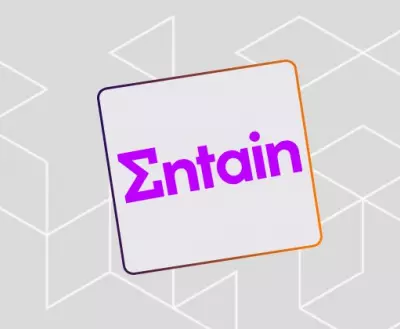Casino group Genting is reeling from several big money losses in the popular table game Punto Banco, with the casino group believing they may have fallen victim to a sophisticated scamming operation.
The group, which runs physical casinos across the UK, is said to have suffered losses of £200,000 on the game at their Glasgow casino, according to reports in local press.
It follows from other high profile losses from Punto Banco and Baccarat, with some resulting in high profile legal action at the casino’s instigation.
Now, an internal inquiry has been launched into the loss of the £200,000, with a view to establishing whether the casino had in fact been cheated out of the money, and whether a referral to law enforcement may be on the cards.
There are very few details in the public domain as yet, save for the reports that the casino is looking into the losses. Ostensibly the casino is as yet in the dark about how the money was won, but maintains its suspicions of illegality. At this stage, there is no suggestion of police involvement, or any further action, but the company has suggested they would have no hesitation in pressing for prosecution if illegitimate activities were identified.
Section 42 of the Gambling Act provides casinos with a mechanism for raising prosecutions against those who have illegitimately won money, and the provisions are wide enough to cover a range of potential scams and frauds. However, before any criminal investigation could proceed, the casino are no doubt keen to establish the exact nature of the alleged plot.
Poker legend Phil Ivey is one high profile Punto Banco winner, landing a £7.7 million win from a Genting casino in London’s exclusive Mayfair district in 2012.
There is some suspicion that his good fortune might have inspired others to try their hand, deploying similar ‘edge sorting’ strategies, which some casinos might consider as flying a little close to the sun.
Indeed, Genting refused to pay Ivey, and the case still remains tied up in the UK courts, pending a Supreme Court ruling on the points of law under contention. The news of potentially further litigation for the casino over the latest Punto Banco losses will pale into insignificance if they lose the Ivey case.
While Genting have enough problems of their own, they are far from the only London casino currently battling through the courts.
Their near-neighbours, Les Ambassadeurs Club, are pursuing an individual by the name of Azam Kolia. The Singaporean national is said to have lost £470,000, which to date still remain unpaid. This is following on from previous losses spanning £2.4 million in 2012.
With Kolia refusing to pay the money he owes, the courts have ruled that they will freeze Mr. Kolia’s assets in a bid to recover the debt. However, there’s a snag – the elusive Mr. Kolia remains at large, and authorities are unable to track down the man responsible for the losses.
It has so far proved impossible for Les Ambassadeurs Club to serve legal papers on Kolia, and lawyers have even taken the unusual step of leaving court papers at the casino, in case he should happen by in the interim.
Until Kolia can be found, the court action remains in limbo, with no mechanism for the casino to recoup the money they are owed.
Of course, casinos of all sizes are no strangers to litigation and legal difficulties. Whether it’s defending themselves against casino cheats, scams, frauds and heists, recovering money illegitimately lost, or chasing down the debts of unscrupulous high rollers, big casinos are often only a phone call away from their next big case.
While all this litigation takes time and money, casino operators are no doubt determined to ensure that justice is done, and their reputations retained intact.
Both the Ivey case and the Kolia case continue, with investigations from Genting’s Glasgow branch potentially marking the first step on the journey to criminal proceedings under the Gambling Act.








